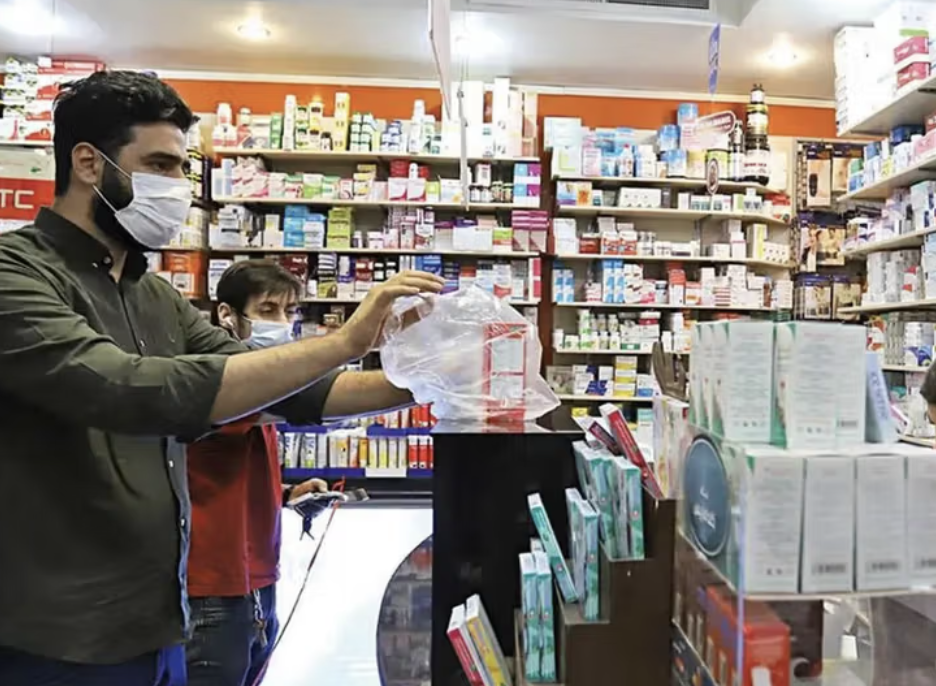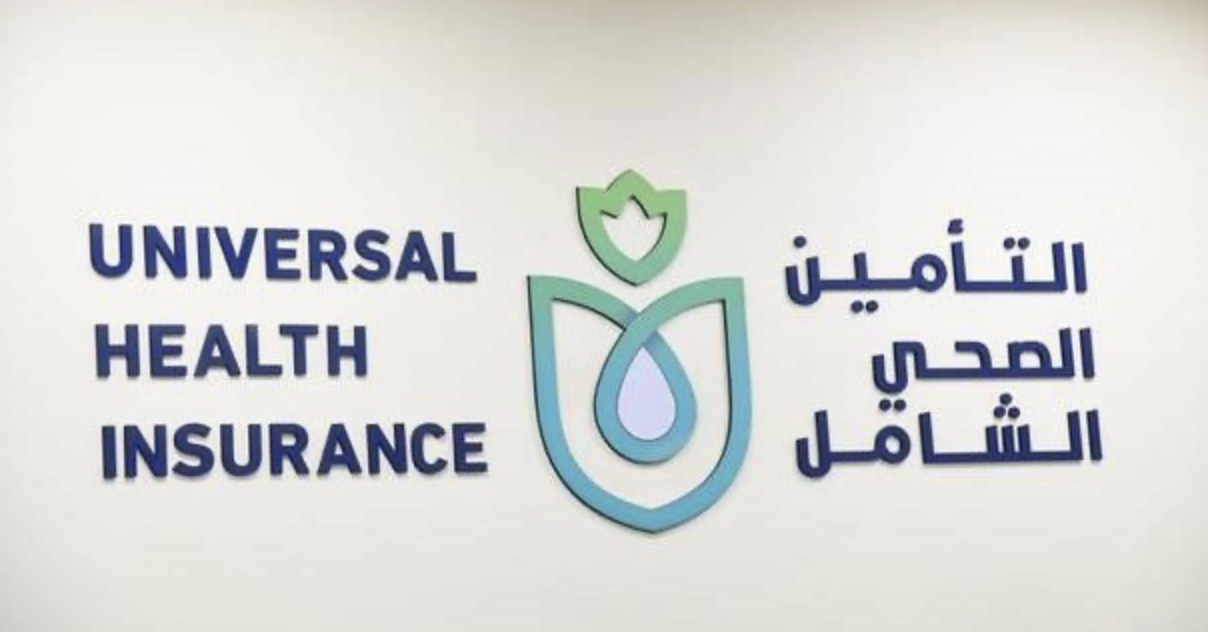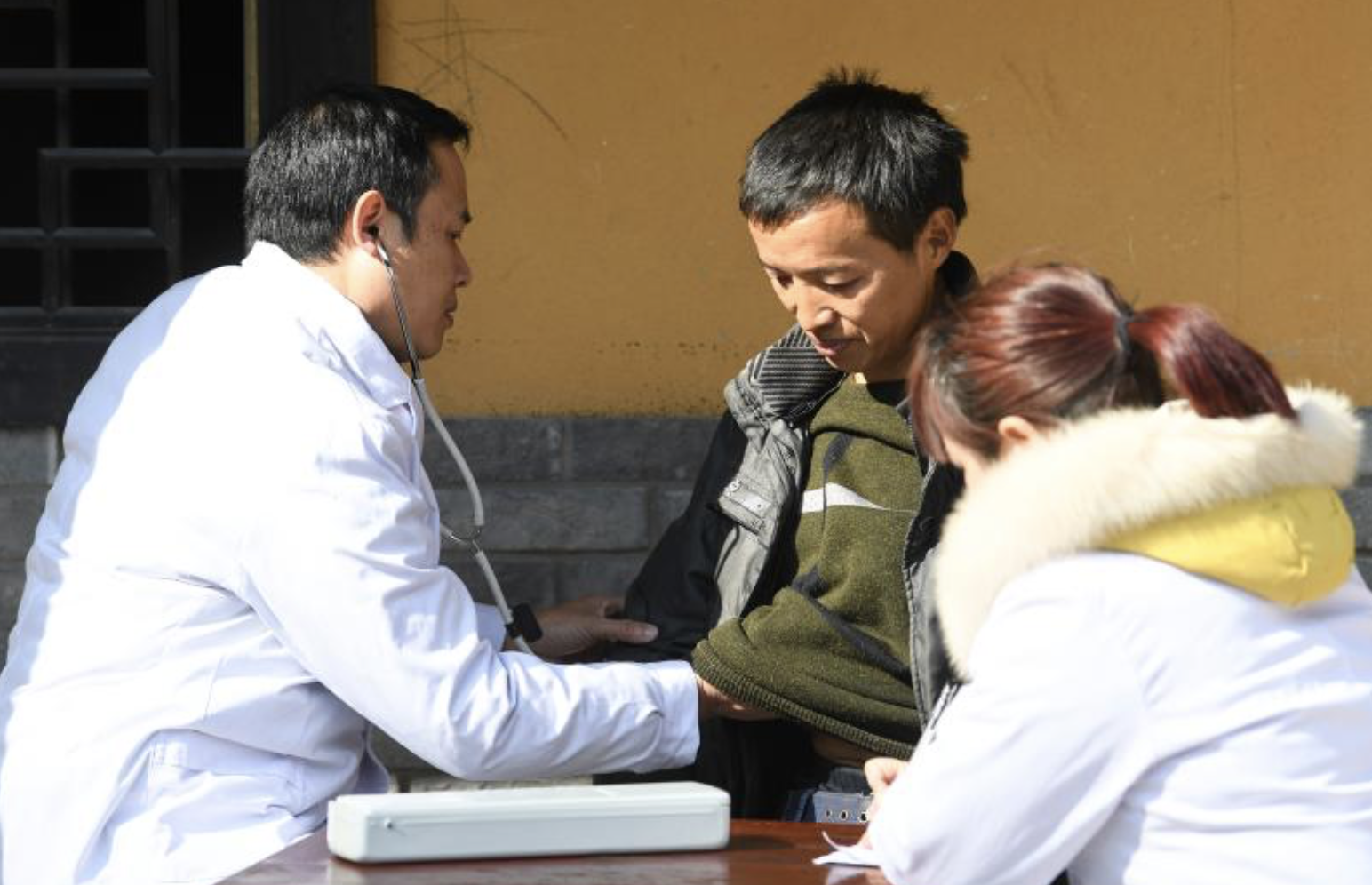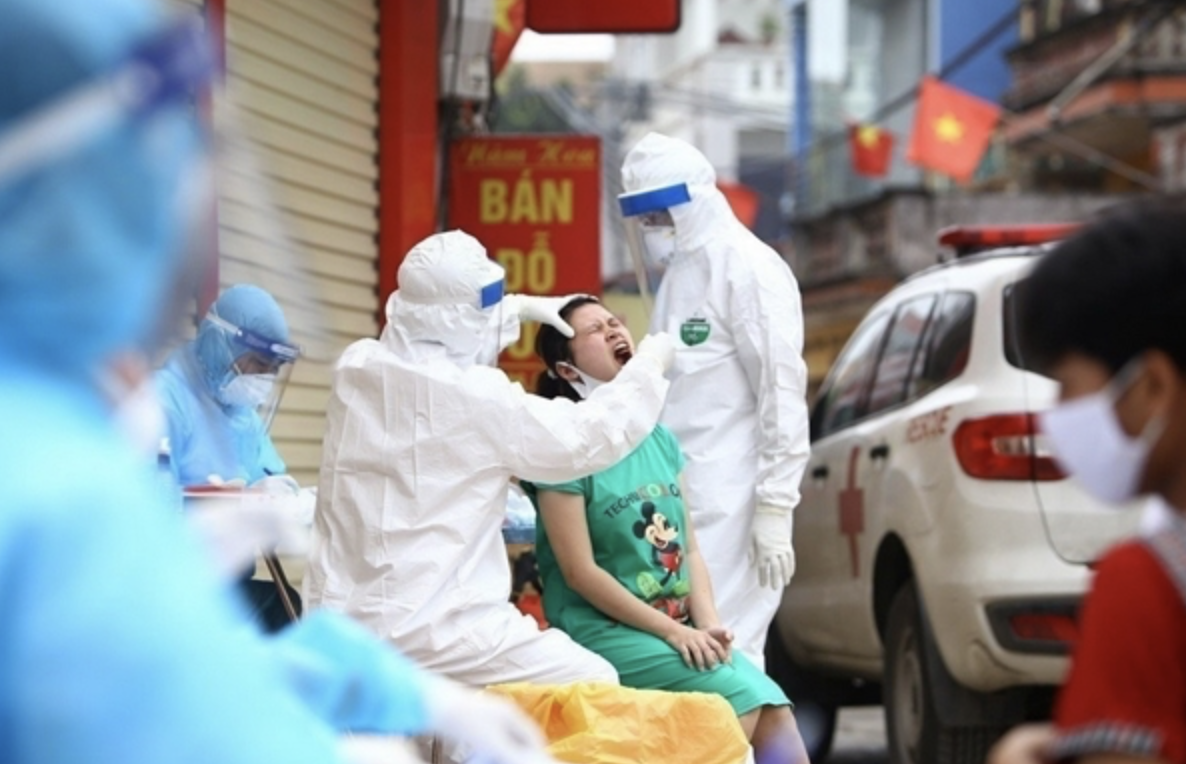Iran’s health system faces collapse as rising costs, insurer debts, and an aging population strain financing. Pharmacies warn of drug shortages within months, with 80% near bankruptcy. Families pay 70% of health costs, while workers lack coverage, leaving system...








